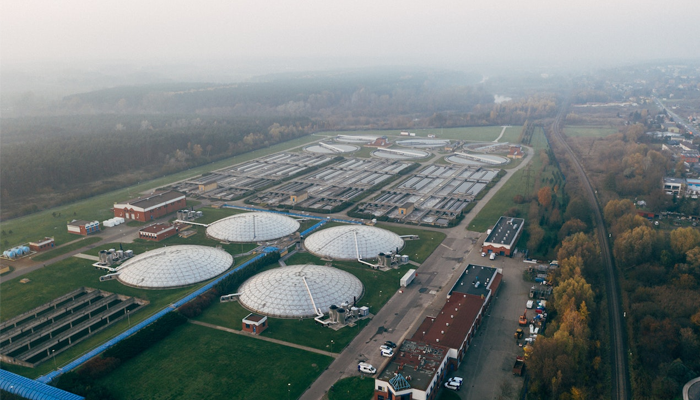Economic and Social Challenges Caused by Odour
Published : 22 Sep 2023
Understanding Odour
Odour, simply put, is our sense of smell, a fundamental part of our daily experiences. It includes a wide range of scents, some pleasant and others not so pleasant, that we encounter regularly.

Economic Challenges
Due to Odor Persistent odour problems can profoundly impact businesses and industries.
Here's a clearer look at these challenges:
Loss in Revenue: When a business grapples with persistent odours, it can result in a significant drop in revenue. Unpleasant smells may drive customers away, particularly in sectors like hospitality and food service, where a welcoming atmosphere is critical for attracting and keeping patrons.
Reduced Productivity: Employees working in odorous environments often find it challenging to concentrate and work efficiently. The discomfort caused by these odours can lead to more sick days and lower productivity. In some cases, businesses may need to provide incentives or extra breaks to compensate for these adverse working conditions.
Increased Operating Costs: Dealing with odour problems can be costly. Businesses may need to invest in expensive ventilation and air purification systems to address the issue. Moreover, the need to physically separate odour-producing processes from the main workflow can significantly increase real estate expenses, impacting the bottom line and efficient space utilization.
Workforce Challenges: Attracting and retaining skilled employees becomes difficult when candidates hesitate to work in odour-affected environments. This can result in a limited pool of willing workers, further straining the company's operations.
Social Challenges
The social consequences of odour issues extend beyond inconvenience:
Damage to Reputation: When a business gains notoriety for odour problems, its reputation suffers. Negative word-of-mouth spreads quickly in local communities, driving potential customers away, especially in small towns or tight-knit communities.
Community Discontent: Odour pollution can lead to discontent among local residents. Nearby residents may voice their concerns, creating tensions between the business and its neighbors. Community members may feel that their quality of life is being negatively affected.
Protests and Social Exclusion: In extreme cases, odour problems can lead to protests and demonstrations. Activists and community organizations may rally against the business, demanding change or closure. Business owners and key personnel can experience social exclusion within the community, as they may be seen as responsible for the odour issues.
Health Complications
Prolonged exposure to unpleasant odours, often accompanied by noxious gases, can have mental and physical health effects. Reduced oxygen intake due to these conditions can impact cognitive function and overall well-being.
Combating These Challenges with Odour Control Systems To address these multifaceted challenges and improve quality of life, employing odour control systems is crucial. These systems effectively neutralize odours, mitigating the economic, social, and health impacts discussed earlier.
For expert advice and solutions in odour control, consider reaching out to AQOZA Technologies Pvt Ltd. We specialize in gas phase filtration systems and can help you create a fresh, odour-free environment.











